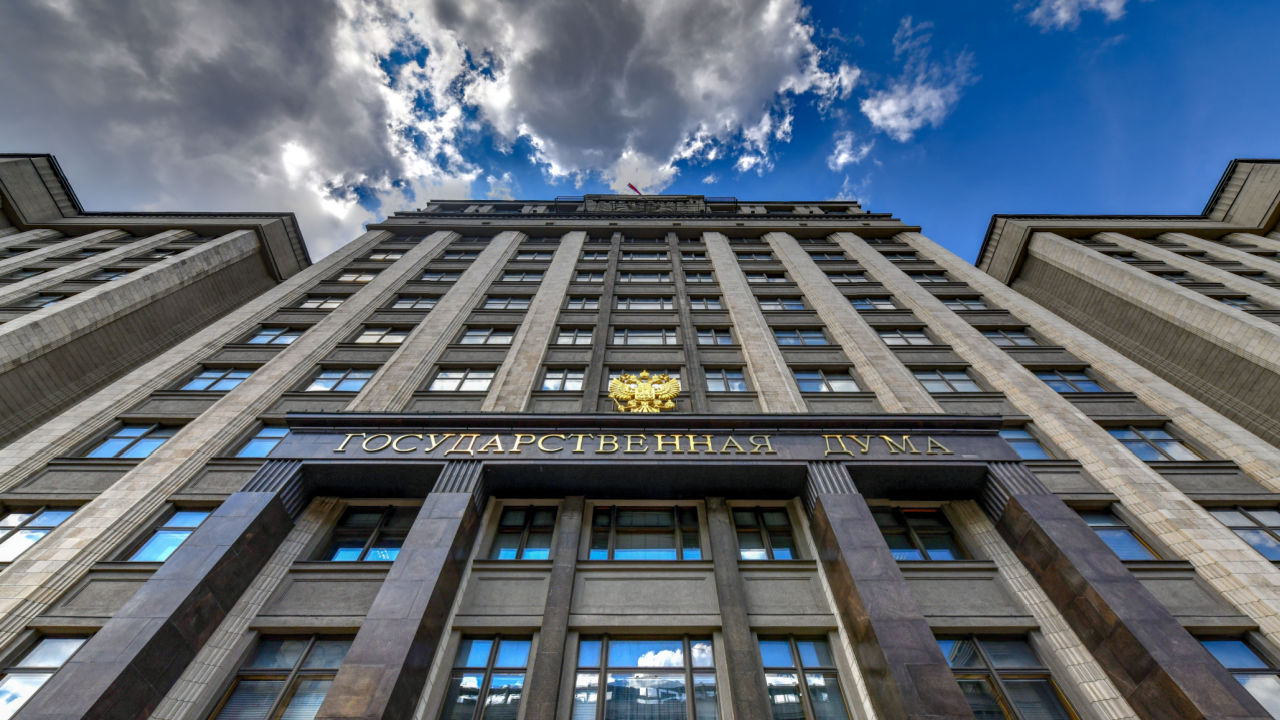Russian lawmakers have approved a draft law facilitating the implementation of the digital version of the national currency, the ruble. The legislation amends various other laws to introduce definitions and establish procedures relating to the launch of the central bank’s digital currency.
The Russian State Duma adopts the digital ruble draft law on first reading
The lower house of the Russian parliament, the State Duma, has passed a bill on first reading that introduces legislative changes necessary for the realization of the digital ruble project. Most notably, it seeks to amend the law “on the national payment system.”
The latter will be supplemented by legal definitions related to the central bank digital currency (CBDC) issued by the Bank of Russia. The authors also suggest procedures for accessing the state-backed coin’s platform as well as for opening a digital wallet, RBC Crypto noted in a report.
According to the business newspaper Vedomosti, the draft proposes terms such as “participant of the digital ruble platform” and “user of the digital ruble platform.” It assigns the role of sole operator to the Central Bank of Russia (CBR), which will guarantee its safe operation.
The bill also amends the Act “On currency regulation and currency control.” This special revision ensures the status of the digital ruble as a currency of the Russian Federation and defines the digital currencies of other central banks as foreign currencies.
The sponsors wish to authorize CBR to process personal data without obtaining user consent and without notifying the body responsible for the protection of such information. This will be done through changes to the federal law “On personal data.”
The bill was sent to the State Duma in late December by a group of deputies and senators led by the head of the financial market committee, Anatoly Aksakov. Now the House has given the committee the task of “taking into account the need to ensure the protection of the rights to personal data” when finalizing the document before the second reading.
Alongside the digital ruble bill, the House also adopted amendments to the Civil Code that classify CBDC as non-cash money and regulate other aspects such as inheritance. Proposals for further revisions of the drafts will be accepted by mid-April. The Bank of Russia plans to start testing the digital ruble with real users and transactions on April 1 and aims for a full launch in 2024.
Tags in this story
amendments, Bank of Russia, bill, bills, CBDC, CBR, central bank, amendments, cryptocurrency, cryptocurrency, cryptocurrency, digital currency, digital ruble, draft law, law, legislators, laws, legislation, lower house, parliament, revisions, ruble, Russia, Russian, the State Duma
Do you think Russia will speed up the introduction of the digital ruble amid sanctions and economic restrictions over the war in Ukraine? Share your expectations in the comments section below.
Lubomir Tassev
Lubomir Tassev is a journalist from tech-savvy Eastern Europe who likes Hitchens’ quote: “To be a writer is what I am, rather than what I do.” Besides crypto, blockchain and fintech, international politics and economics are two other sources of inspiration.
Image credit: Shutterstock, Pixabay, Wiki Commons
Disclaimer: This article is for informational purposes only. It is not a direct offer or solicitation of an offer to buy or sell, or an endorsement or recommendation of products, services or companies. Bitcoin.com does not provide investment, tax, legal or accounting advice. Neither the company nor the author is directly or indirectly responsible for damages or losses caused or alleged to be caused by or in connection with the use of or reliance on content, goods or services mentioned in this article.


























